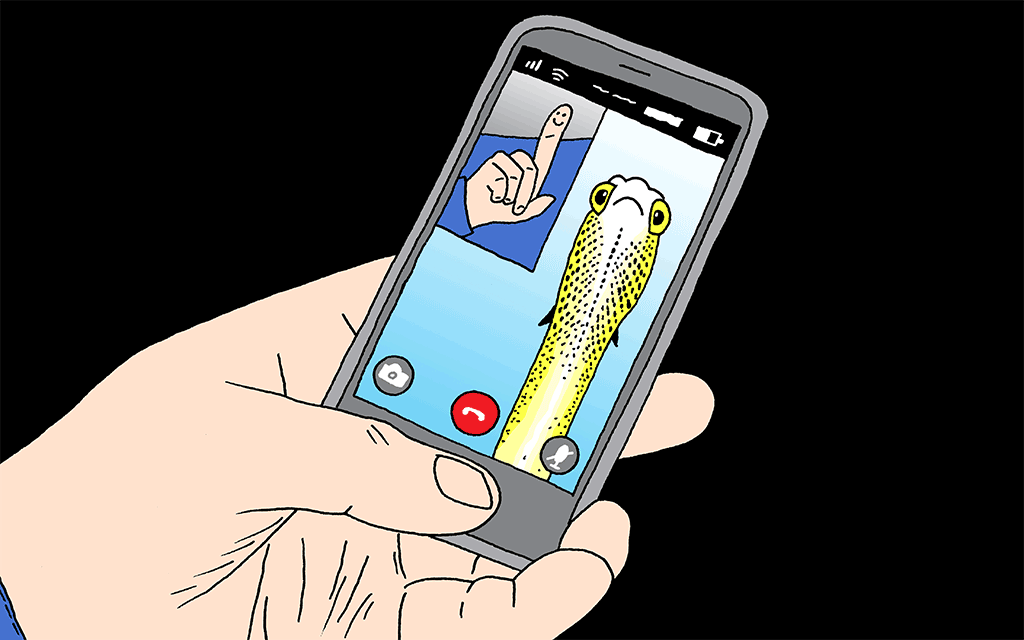ICYMI: Lonely Eels, Essential Skateboarding, & Murder Hornets
A weekly roundup for busy people

Tokyo's Sumida Aquarium, closed during the coronavirus pandemic, urges people to Facetime its lonely garden eels.
The US death toll from COVID-19 passes 76,000. President Trump urges states to reopen their economies, acknowledging that it will "affect some people badly."
Three Russian doctors critical of the handling of the coronavirus there have fallen out of windows. Two were killed, one remains hospitalized.
In a ballot conducted by mail, Louisiana Republican legislators block expanded mail voting for citizens concerned about the coronavirus.
National parks begin to reopen, to the alarm of some employees.
California governor Gavin Newsom allows the reopening of Orange County beaches.
California skateboarders request that Newsom recognize skateboarding as an essential mode of transportation.
A federal judge vacates 287 oil and gas leases on public land in Montana, ruling that the Interior Department had failed to take into account the environmental effects of the drilling, including those on climate change.
Global warming may be pushing Western states into a long-term "megadrought."
Antarctica and Greenland have lost enough water in the past 16 years to fill Lake Michigan.
A fleet of 18 Saudi tankers loaded with oil approaches US ports. Some oil-state politicians call on Trump to prevent the tankers from adding to the massive US oil glut.
Billionaire investor Warren Buffett regrets the $10 billion he invested in Occidental Petroleum last year.
Low demand for power in Britain leads to fears that its electricity grid will be overwhelmed with surplus wind and solar power.
After the second year in a row in which Iceland will not hunt any whales, its commercial whaling industry may be at an end.
Asian giant hornets, colloquially known as "murder hornets" for their propensity to decimate honeybee hives by wholesale decapitation, arrive in the United States.
Some male treefrogs are found to overlap their mating calls with those of their neighbors, leaving the initial caller more likely to be eaten by predators and the overlapper more likely to find a mate.
 The Magazine of The Sierra Club
The Magazine of The Sierra Club



